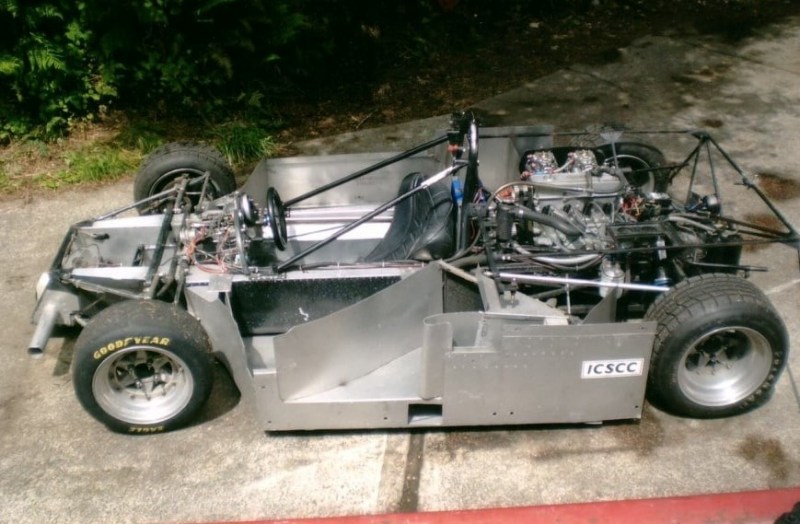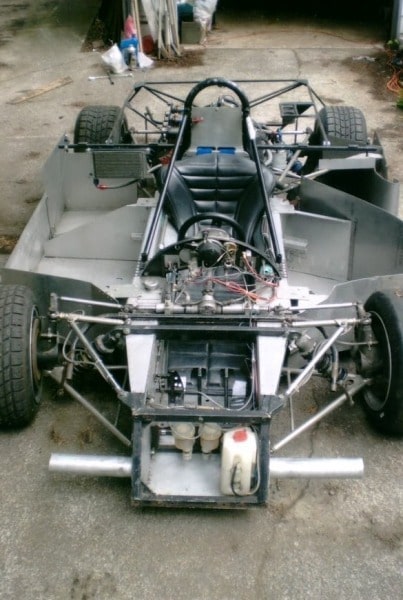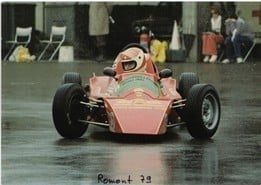The Elden Story
Politics and Racing
Late in 1973 Bruce Kramer, Elden’s dealer serving the mid-west from Chicago, placed an order for twenty Mk14 Super Vee’s and sent a substantial letter of credit as a deposit.
As any business expert will tell you, one of most risky times in a company’s life is during a period of rapid expansion. Bold steps have to be taken which result in periods when overheads quickly increase to gear up production to meet the anticipated demand. If during this time the market changes dramatically, then disaster can follow. And so it did.
OPEC decided to change the world’s view of oil and caused the politicians of even the richest countries in the world to react like frightened rabbits. However with a substantial order backed by an irrevocable letter of credit drawn on a London bank which it was understood was as good as cash, the situation did not look too bad.
Brian elaborates: “In order to meet the Kramer order, it was time to order materials. For this we needed to extend our overdraft facilities with the bank, which, with the letter of credit should have been no problem”.
“However it is important to understand the political climate of the time, when oil shortages were causing real fear in the man in the street. Riots outside petrol stations and the imminent issue of coupons for fuel rationing. Governments across the world reacted by introducing panic measures which were more related to politics than economics or common sense. One action which was to prove disastrous for Elden was the banning of motorsport in the UK, Europe and the USA. In truth the total amount of oil saved by this action in the UK was probably less than that used to fly one jumbo jet load of holiday makers between the UK and the USA.”
The effect on Elden was terminal. The application for extended credit was refused and Brian’s efforts to find alternative support in the city of London proved fruitless. In March ’74 the company collapsed into liquidation.





